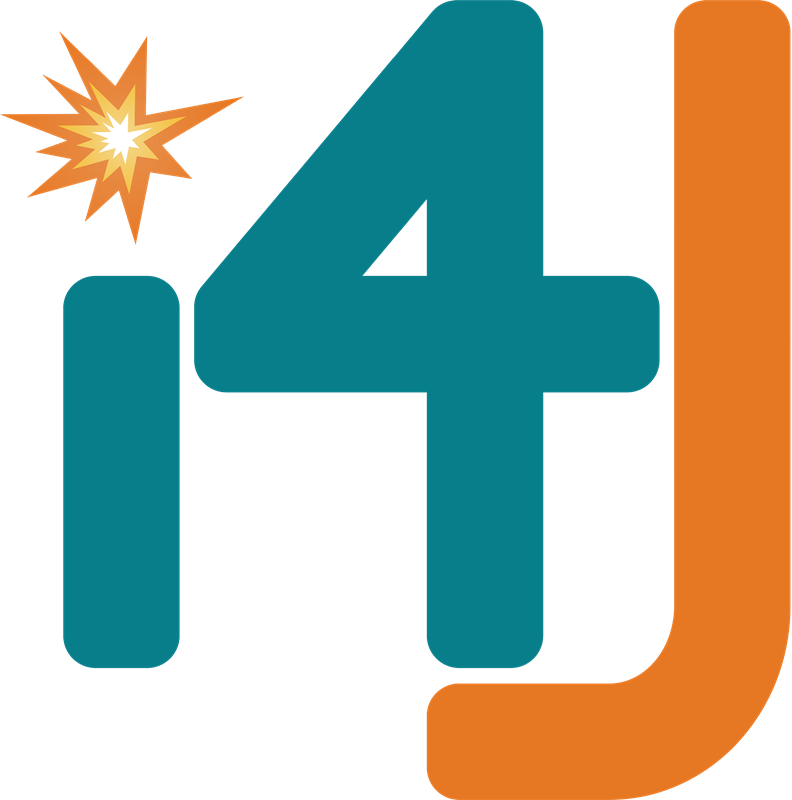Research Methods, Research Reports, and White Paper
This toolkit was developed by an interdisciplinary team applying a design- and systems-thinking approach to community-engaged research. For a detailed explanation of the research methods used, see the Methodology section of the Report at the bottom of the page. For more information about each research question, see below:
Nationally, what gaps in their ability to help survivors do lay legal advocates experience when they limits their help to legal information, not legal advice?
DV advocates face many barriers to assisting survivors when they limit their help to legal information, not legal advice: 1) in the current landscape, because DV organizations cannot provide legal advice, they try to refer survivors out to legal service organizations, those referrals are often not possible, and either way survivors are often re-traumatized in the process and because of the process; 2) DV advocates are often the only resource for survivors experiencing legal challenges, and they are stretched thin trying to meet the need while only providing legal information; 3) DV advocates often experience frustration and tension in attempting to provide legal information, but not legal advice, to survivors experiencing civil legal issues; 4) the line between legal advice and information is unclear, and in walking that line, advocates tend to take a conservative approach that limits their work with survivors; and 5) advocates are placed in situations where DV survivors are in desperate need of help and even if an advocate may want to help and believes they are knowledgeable enough to help, they can’t help the way they want without running afoul of UPL prohibitions.
Learn more about Research Question 1.
Do Domestic Violence advocates and Domestic Violence organization think the ability to give limited-scope legal advice would be helpful to them and the survivors they serve?
The majority of advocates and organization leaders interviewed across the United States support policy change that would permit DV advocates to provide limited-scope legal advice.
Learn more about Research Question 2.
What civil legal needs do lay legal advocates most want and/or need to advise DV survivors?
According to DV advocates and DV organizations, the most common unmet civil legal needs that survivors experience are the need for a protection order, custody, and divorce. Advocates want to be able to provide legal advice to help survivors resolve these ongoing legal issues.
Learn more about Research Question 3.
What additional legal training would lay legal advocates want and need to feel equipped to give limited-scope legal advice?
Advocates are trained in various aspects to assist survivors when they are hired. More training is needed for advocates to provide legal advice to survivors. Not all training is created equal, however. Certain topics are vital to adequately train advocates to provide legal advice, and some training schemes are more manageable for advocates than others.
Learn more about Research Question 4.
What do subject matter experts consider the best practices for lay and licensed legal advocacy for DV survivors, in areas such as training/certification, supervision/mentorship, and professional responsibility?
Subject matter experts identified seven categories relating to best practices for DV advocacy. These include trauma-informed care and practices, cultural humility, burnout prevention, training and certification, mentorship and supervision, ethics and professional responsibility, and advocate skills and qualities. This serves as a first step in categorizing best practices for DV advocacy in the UPL reform regulatory environment. It is anticipated that best practices will evolve in the coming years as more programs are designed, authorized, and implemented.
Learn more about Research Question 5.
